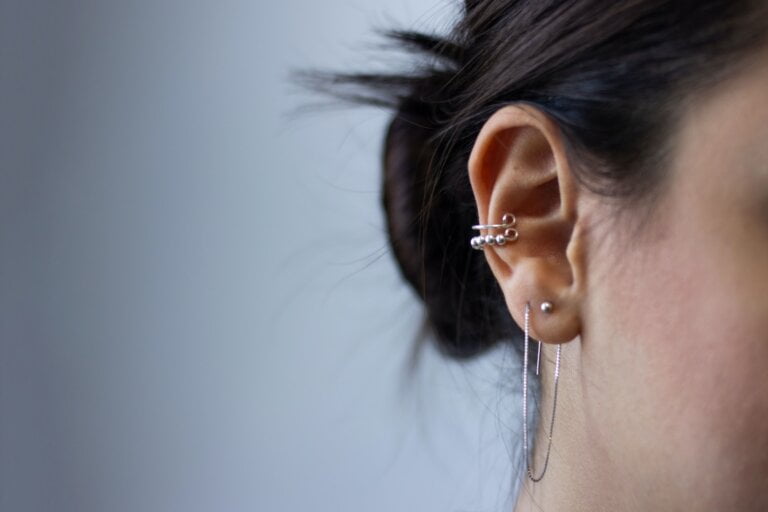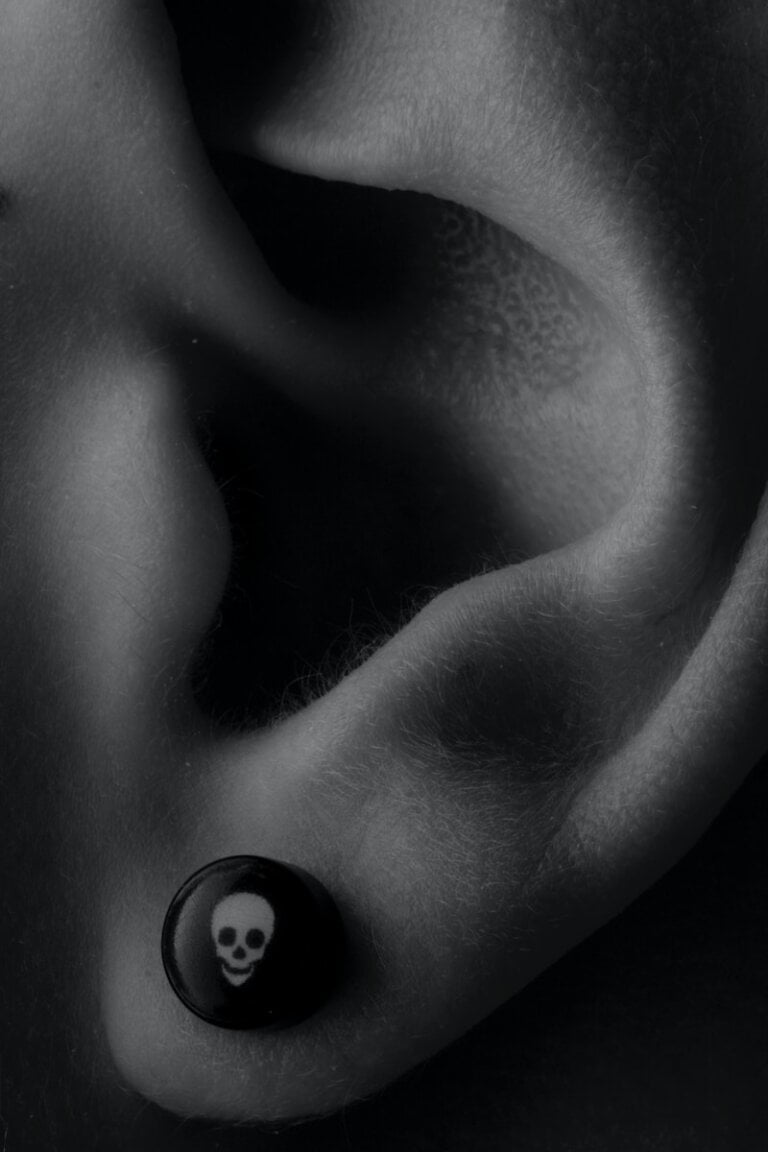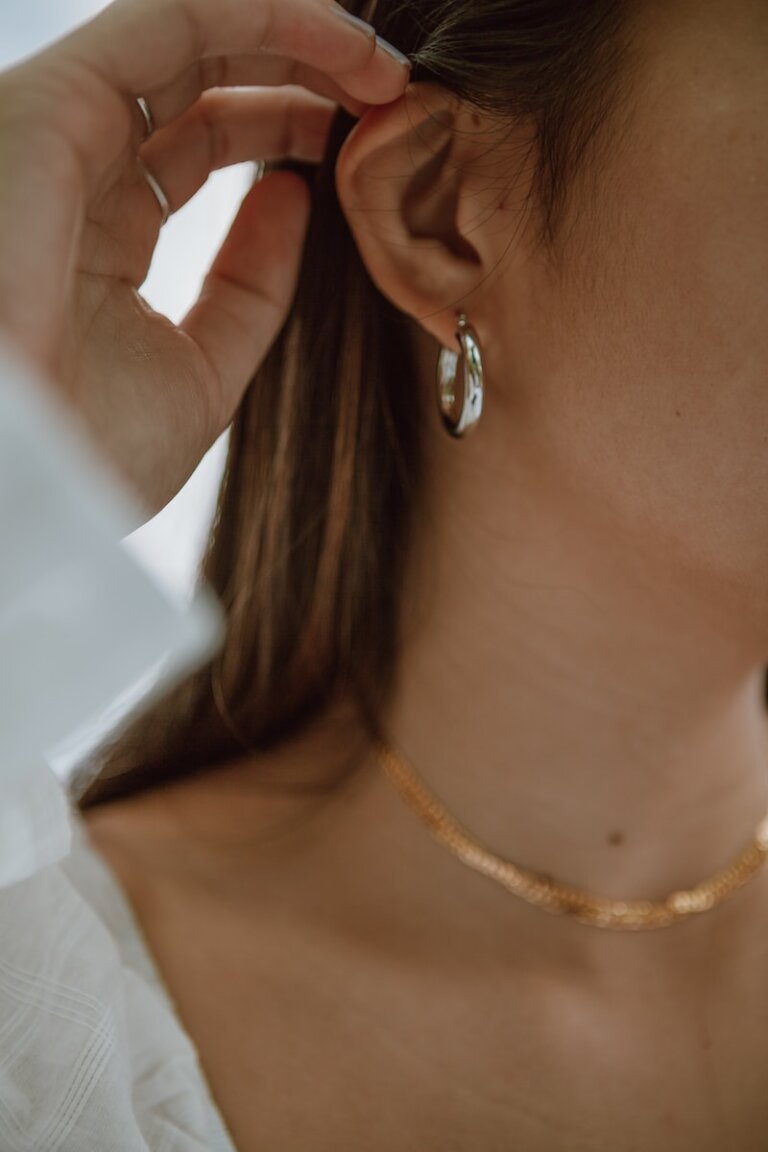Guarding Your Sound: Exploring the Power of Ear Plugs for Noise Reduction
Noise pollution has become an increasingly prevalent issue in today’s fast-paced and bustling world. From the constant hum of traffic to the relentless chatter in crowded spaces, our ears are constantly bombarded with unwanted noise. The detrimental effects of excessive noise on our physical and mental well-being cannot be overlooked. This is where the power of earplugs for noise reduction comes into play. In this article, we will delve into the significance of earplugs and how they can effectively guard your sound, providing much-needed relief from the cacophony of everyday life.
Understanding the Importance of Noise Reduction
Before we explore the use of earplugs, it is essential to comprehend the significance of noise reduction. Excessive noise exposure can have a range of adverse effects on our health, both in the short and long term. Prolonged exposure to loud noises can lead to hearing damage, including permanent hearing loss and tinnitus. Additionally, constant exposure to noise can elevate stress levels, disrupt sleep patterns, and impair concentration and productivity.
To fully grasp the importance of noise reduction, it’s crucial to understand the specific health risks associated with excessive noise exposure:
-
Hearing Damage: Our ears are delicate organs, and prolonged exposure to loud noises can cause irreversible damage to the delicate structures in the inner ear. This damage can lead to hearing loss and tinnitus, a persistent ringing or buzzing sound in the ears.
-
Stress and Anxiety: The constant presence of noise can increase stress levels and contribute to feelings of anxiety. The body’s stress response is triggered by loud noises, leading to a release of stress hormones that can negatively impact both physical and mental well-being.
-
Sleep Disruption: Unwanted noise can disrupt sleep patterns, making it difficult to fall asleep or stay asleep. This can result in chronic sleep deprivation, which has a host of negative effects on overall health, including impaired cognitive function, mood disturbances, and weakened immune system.
-
Impaired Concentration and Productivity: Noise distractions can significantly impair concentration and productivity, particularly in work or study environments. The brain struggles to filter out background noise, leading to reduced focus and decreased efficiency.
The Versatility of Earplugs
Earplugs are small devices designed to be inserted into the ear canal to reduce the intensity of external sounds. They are highly versatile and can be used in various situations and environments. Let’s explore some common scenarios where earplugs can be beneficial:
-
Sleep: For individuals who struggle with falling asleep or staying asleep due to noise disturbances, earplugs offer a simple and effective solution. By blocking out unwanted noise, earplugs promote a peaceful and uninterrupted sleep environment. Whether you live in a noisy neighborhood or are traveling and staying in unfamiliar accommodations, earplugs can ensure a restful night’s sleep.
-
Travel: Whether it’s a long flight or a noisy train ride, traveling can often expose us to high noise levels. Earplugs can be invaluable in reducing the impact of ambient noise, ensuring a more pleasant and comfortable journey. They are particularly useful for frequent travelers or those sensitive to noise during transportation.
-
Concerts and Events: Attending concerts, festivals, or sporting events can be exhilarating, but the loud noise levels can potentially damage our hearing. Earplugs designed specifically for concerts can preserve the quality of sound while reducing the risk of hearing damage. They allow you to enjoy the event without compromising your auditory health.
-
Workplace: Many work environments, such as construction sites or factories, expose employees to high levels of noise on a daily basis. Wearing earplugs in these settings can protect workers from potential hearing damage and improve overall workplace safety. They are an essential part of personal protective equipment (PPE) for individuals working in noisy environments.
In addition to the mentioned scenarios, earplugs can also be beneficial in other situations such as studying in a noisy library, focusing on tasks in a noisy office, or simply seeking some peace and quiet in a bustling coffee shop.
Choosing the Right Earplugs
When it comes to earplugs, one size does not fit all. Selecting the right type of earplugs is crucial to ensure optimal noise reduction and a comfortable fit. Here are some factors to consider when choosing earplugs:
Material
Earplugs are available in various materials, including foam, silicone, and wax. Each material has its own set of advantages and disadvantages. Foam earplugs, for example, are affordable, disposable, and provide excellent noise reduction. They are ideal for short-term use or situations where hygiene is a concern. Silicone earplugs, on the other hand, are reusable, hypoallergenic, and moldable for a custom fit. They are a popular choice for individuals who require long-term noise protection and value comfort.
Noise Reduction Rating (NRR)
The NRR is a standardized rating system that indicates the level of noise reduction provided by earplugs. A higher NRR indicates greater noise reduction. When selecting earplugs, it is advisable to choose a model with a high NRR, especially if you are frequently exposed to loud noises. The NRR can help you determine the effectiveness of the earplugs in reducing noise and protecting your hearing.
Comfort and Fit
Comfort is paramount when choosing earplugs, as poorly fitting earplugs can cause discomfort and even pain. Consider the size, shape, and design of the earplugs to ensure a secure and comfortable fit. Some earplugs come with multiple sizes or customizable options to cater to individual preferences. It’s important to find earplugs that fit snugly in your ears without causing any discomfort or pressure.
Proper Usage and Care
To maximize the benefits of earplugs and maintain their effectiveness, proper usage and care are essential. Here are some guidelines to follow:
-
Cleanliness: Keep your earplugs clean by washing them regularly with mild soap and water. Ensure they are thoroughly dry before reusing. Cleaning your earplugs helps prevent the buildup of earwax, dirt, and bacteria, ensuring optimal performance and hygiene.
-
Insertion: Insert the earplugs correctly by following the manufacturer’s instructions. It is crucial to achieve a proper seal to effectively block out noise. Improper insertion may result in reduced noise reduction or discomfort. Make sure to read the instructions carefully and practice inserting the earplugs correctly.
-
Replacement: Depending on the type of earplugs, they may have a limited lifespan. Foam earplugs, for instance, are typically disposable and should be replaced after several uses. Reusable earplugs should be replaced when they become worn or damaged. Regularly check your earplugs for signs of wear and tear, and replace them as needed to maintain their effectiveness.
-
Storage: Store your earplugs in a clean and dry container to prevent contamination and maintain their shape. Avoid exposing them to extreme temperatures or direct sunlight, as this can affect their performance and lifespan. Proper storage ensures that your earplugs remain in good condition and ready for use whenever needed.
The Limitations of Earplugs
While earplugs are undoubtedly effective in reducing noise, they do have some limitations. It is important to be aware of these limitations to make informed decisions regarding their usage:
-
Selective Noise Reduction: Earplugs reduce overall noise levels but may not completely eliminate certain frequencies or sounds. They are particularly effective in reducing constant background noise but may not be as effective in attenuating sudden or sharp sounds. It’s important to understand that earplugs are designed to provide general noise reduction rather than specific frequency filtering.
-
Isolation Concerns: In certain situations, such as crossing roads or interacting with others, complete isolation from the surrounding environment can be unsafe or undesirable. It is important to exercise caution and use earplugs judiciously in such cases. Always prioritize safety and be aware of your surroundings when using earplugs.
Conclusion
In a world filled with noise pollution, the power of earplugs for noise reduction cannot be overstated. By understanding the importance of noise reduction, selecting the right earplugs, and adopting proper usage and care practices, you can effectively guard your sound and protect your hearing. Embrace the versatility of earplugs in various environments and enjoy the tranquility they offer amidst the chaos of everyday life. Prioritize your auditory health and make earplugs an essential part of your noise reduction toolkit.
Note: The above article has been edited and expanded to provide a comprehensive guide on the significance of earplugs for noise reduction. The information provided is for educational purposes only and should not substitute professional medical advice.
FAQ
1. What are the health risks associated with excessive noise exposure?
Excessive noise exposure can lead to hearing damage, including permanent hearing loss and tinnitus. It can also elevate stress levels, disrupt sleep patterns, and impair concentration and productivity.
2. In what situations can earplugs be beneficial?
Earplugs can be beneficial in various situations, such as sleep disturbances, traveling, attending concerts or events, and working in noisy environments. They can also be useful for studying, focusing on tasks, or seeking peace and quiet.
3. What factors should be considered when choosing earplugs?
When choosing earplugs, consider the material (foam, silicone, or wax), the Noise Reduction Rating (NRR), and the comfort and fit. Each material has its own advantages, the NRR indicates the level of noise reduction, and a secure and comfortable fit is crucial for optimal performance.
4. How should earplugs be used and cared for?
To maximize the benefits of earplugs, keep them clean by washing regularly, insert them correctly following the instructions, replace them when necessary, and store them in a clean and dry container. Proper usage and care ensure optimal performance and hygiene.







